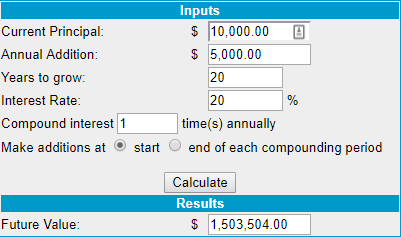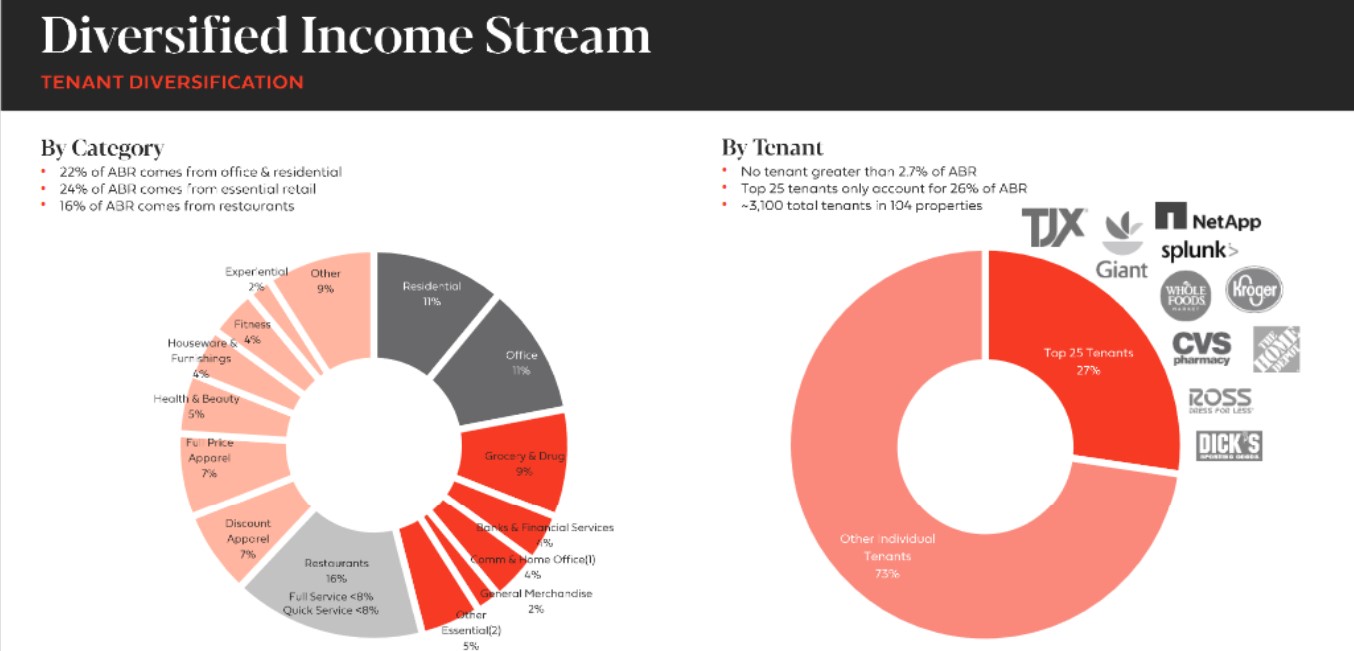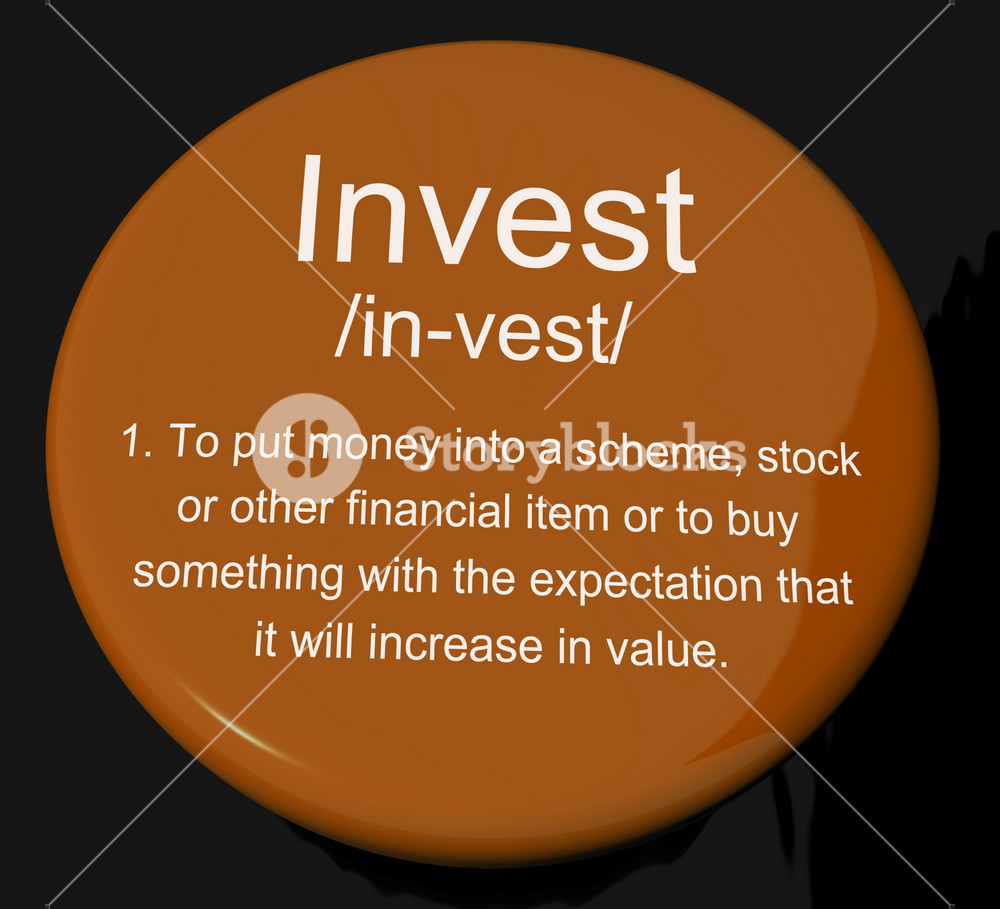
There are many types Forex leverage. You can take on larger trades with ten-to-one leverage and get exposure to more notional value. This is like paying 10% of a house's value and having access to the entire home. Your broker will offer forex leverage to you. The amount you are allowed to borrow will depend on where you live. The type of trading and policies of your broker will affect the amount of leverage that you are allowed.
Limitations of leverage
When deciding whether or not to use forex leverage, the most frequently asked question by traders is "Is there a limit on how much money I can borrow?" It all depends on what circumstances you are dealing with. A trader can typically borrow up to 100x the amount of his or her initial deposit. Traders need to remember that high leverage can carry high levels of risk as any move against a trading position can wipe out all investment.

Margin trading
Forex leverage is the most important thing to understand if you're new to the foreign currency market. Forex is constantly in motion. Understanding the market dynamics will allow you to make the most of currency developments and headlines to maximize your profit. Forex traders must first understand the market, its underlying economic conditions and central bank policies.
Maximum leverage
The optimal forex leverage refers to how much risk you can take and how much profit you are willing or able to lose with a particular currency pair. Your account capital will determine how much leverage you can use to trade forex. Experts agree that the optimal leverage is between 1:100 and 1:200. This means you can have $50K control if you have $500. This leverage allows you to only lose 2% on your account equity in the event that your position becomes negative.
Maximum leverage
Maximum forex leverage is recommended for traders who are just starting out in trading. This leverage is high and will allow you to make higher profits. This can lead to your trades being stopped. You should limit your leverage to 1:000 if you aren't sure of your strategy. Maximum Forex leverage is not recommended, as it is likely to result in losses that are not worth it.
Trading at a low leverage
You don't have transaction costs to worry about when you trade with low leverage. It's possible to open multiple trades on different markets, without worrying about potential widening spreads. You can also make objective decisions with a low leverage account without letting your emotions control. This allows you to make fewer mistakes and reduce your risk. Here are three benefits of trading with low leverage:

Trade at high leverage
Some brokers offer trading at a high leverage ratio. Some brokers are licensed by stricter regulators than others. Some of these brokers offer leverage levels of 1:500 or more, which is generally considered high. Trade only with high-leverage, well-regulated brokers to avoid putting your money at risk. You should ensure that the broker in question has received the proper financial regulation from major European financial regulators.
FAQ
What is the difference between the securities market and the stock market?
The whole set of companies that trade shares on an exchange is called the securities market. This includes options, stocks, futures contracts and other financial instruments. Stock markets are typically divided into primary and secondary categories. Large exchanges like the NYSE (New York Stock Exchange), or NASDAQ (National Association of Securities Dealers Automated Quotations), are primary stock markets. Secondary stock market are smaller exchanges that allow private investors to trade. These include OTC Bulletin Board Over-the-Counter and Pink Sheets as well as the Nasdaq smallCap Market.
Stock markets are important because they provide a place where people can buy and sell shares of businesses. The value of shares depends on their price. Public companies issue new shares. These shares are issued to investors who receive dividends. Dividends are payments that a corporation makes to shareholders.
In addition to providing a place for buyers and sellers, stock markets also serve as a tool for corporate governance. Shareholders elect boards of directors that oversee management. Boards make sure managers follow ethical business practices. The government can replace a board that fails to fulfill this role if it is not performing.
How does inflation affect stock markets?
Inflation has an impact on the stock market as investors have to spend less dollars each year in order to purchase goods and services. As prices rise, stocks fall. It is important that you always purchase shares when they are at their lowest price.
How are securities traded?
The stock market is an exchange where investors buy shares of companies for money. To raise capital, companies issue shares and then sell them to investors. Investors then resell these shares to the company when they want to gain from the company's assets.
Supply and demand determine the price stocks trade on open markets. If there are fewer buyers than vendors, the price will rise. However, if sellers are more numerous than buyers, the prices will drop.
There are two ways to trade stocks.
-
Directly from your company
-
Through a broker
What is the difference between non-marketable and marketable securities?
The main differences are that non-marketable securities have less liquidity, lower trading volumes, and higher transaction costs. Marketable securities can be traded on exchanges. They have more liquidity and trade volume. They also offer better price discovery mechanisms as they trade at all times. There are exceptions to this rule. For example, some mutual funds are only open to institutional investors and therefore do not trade on public markets.
Non-marketable securities tend to be riskier than marketable ones. They are generally lower yielding and require higher initial capital deposits. Marketable securities are generally safer and easier to deal with than non-marketable ones.
A large corporation may have a better chance of repaying a bond than one issued to a small company. The reason is that the former will likely have a strong financial position, while the latter may not.
Marketable securities are preferred by investment companies because they offer higher portfolio returns.
What is security in the stock exchange?
Security is an asset which generates income for its owners. The most common type of security is shares in companies.
One company might issue different types, such as bonds, preferred shares, and common stocks.
The earnings per share (EPS), as well as the dividends that the company pays, determine the share's value.
When you buy a share, you own part of the business and have a claim on future profits. If the company pays a dividend, you receive money from the company.
Your shares may be sold at anytime.
What is the difference between a broker and a financial advisor?
Brokers are individuals who help people and businesses to buy and sell securities and other forms. They handle all paperwork.
Financial advisors are experts on personal finances. They are experts in helping clients plan for retirement, prepare and meet financial goals.
Financial advisors can be employed by banks, financial companies, and other institutions. They can also be independent, working as fee-only professionals.
It is a good idea to take courses in marketing, accounting and finance if your goal is to make a career out of the financial services industry. Also, you'll need to learn about different types of investments.
Statistics
- Our focus on Main Street investors reflects the fact that American households own $38 trillion worth of equities, more than 59 percent of the U.S. equity market either directly or indirectly through mutual funds, retirement accounts, and other investments. (sec.gov)
- "If all of your money's in one stock, you could potentially lose 50% of it overnight," Moore says. (nerdwallet.com)
- For instance, an individual or entity that owns 100,000 shares of a company with one million outstanding shares would have a 10% ownership stake. (investopedia.com)
- Individuals with very limited financial experience are either terrified by horror stories of average investors losing 50% of their portfolio value or are beguiled by "hot tips" that bear the promise of huge rewards but seldom pay off. (investopedia.com)
External Links
How To
How can I invest into bonds?
You will need to purchase a bond investment fund. They pay you back at regular intervals, despite the low interest rates. You make money over time by this method.
There are many different ways to invest your bonds.
-
Directly buying individual bonds.
-
Buying shares of a bond fund.
-
Investing through an investment bank or broker
-
Investing through financial institutions
-
Investing through a pension plan.
-
Directly invest through a stockbroker
-
Investing through a mutual fund.
-
Investing through a unit trust.
-
Investing with a life insurance policy
-
Private equity funds are a great way to invest.
-
Investing through an index-linked fund.
-
Investing in a hedge-fund.